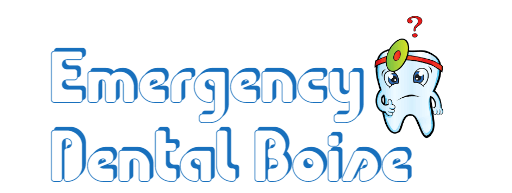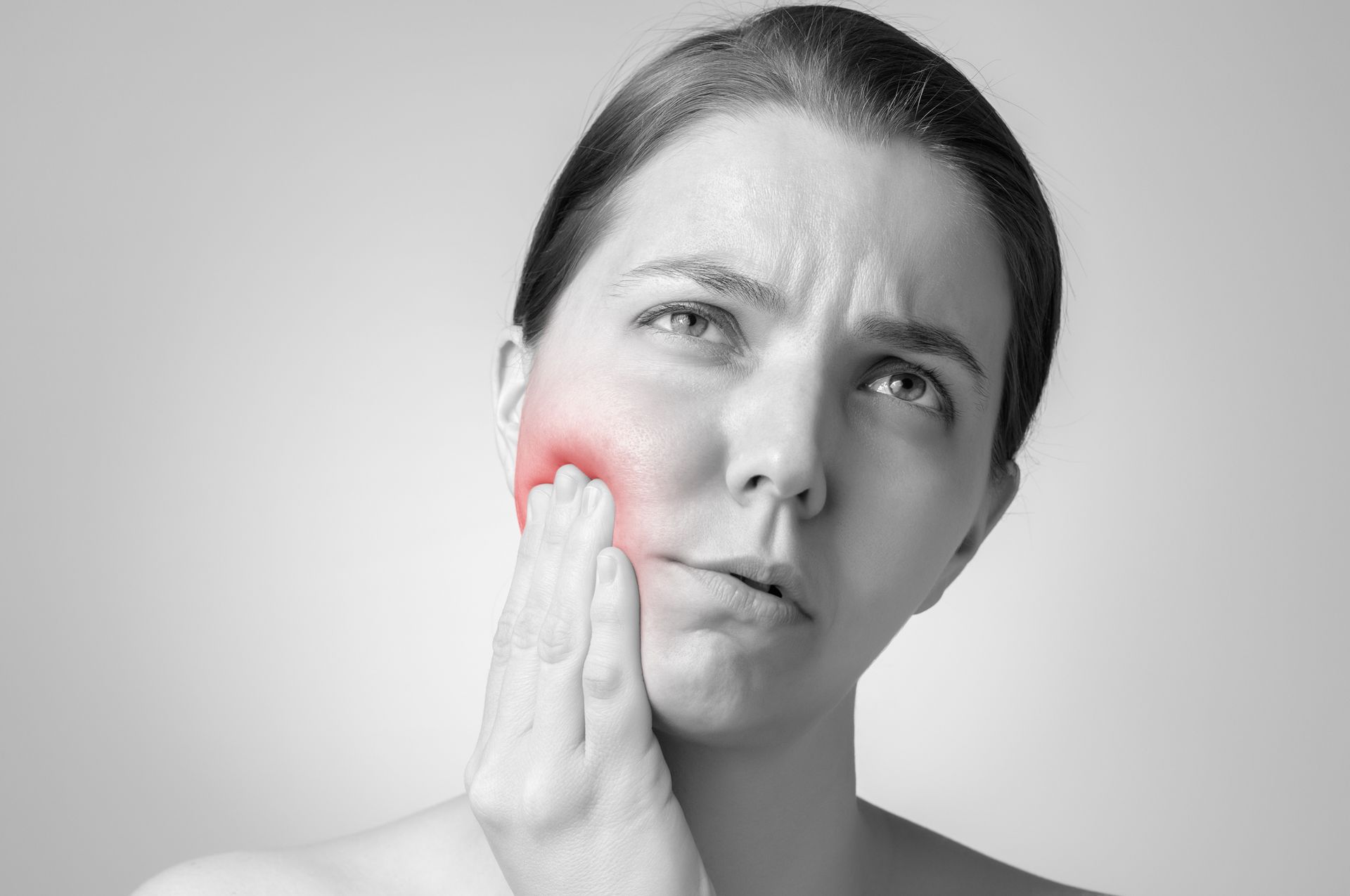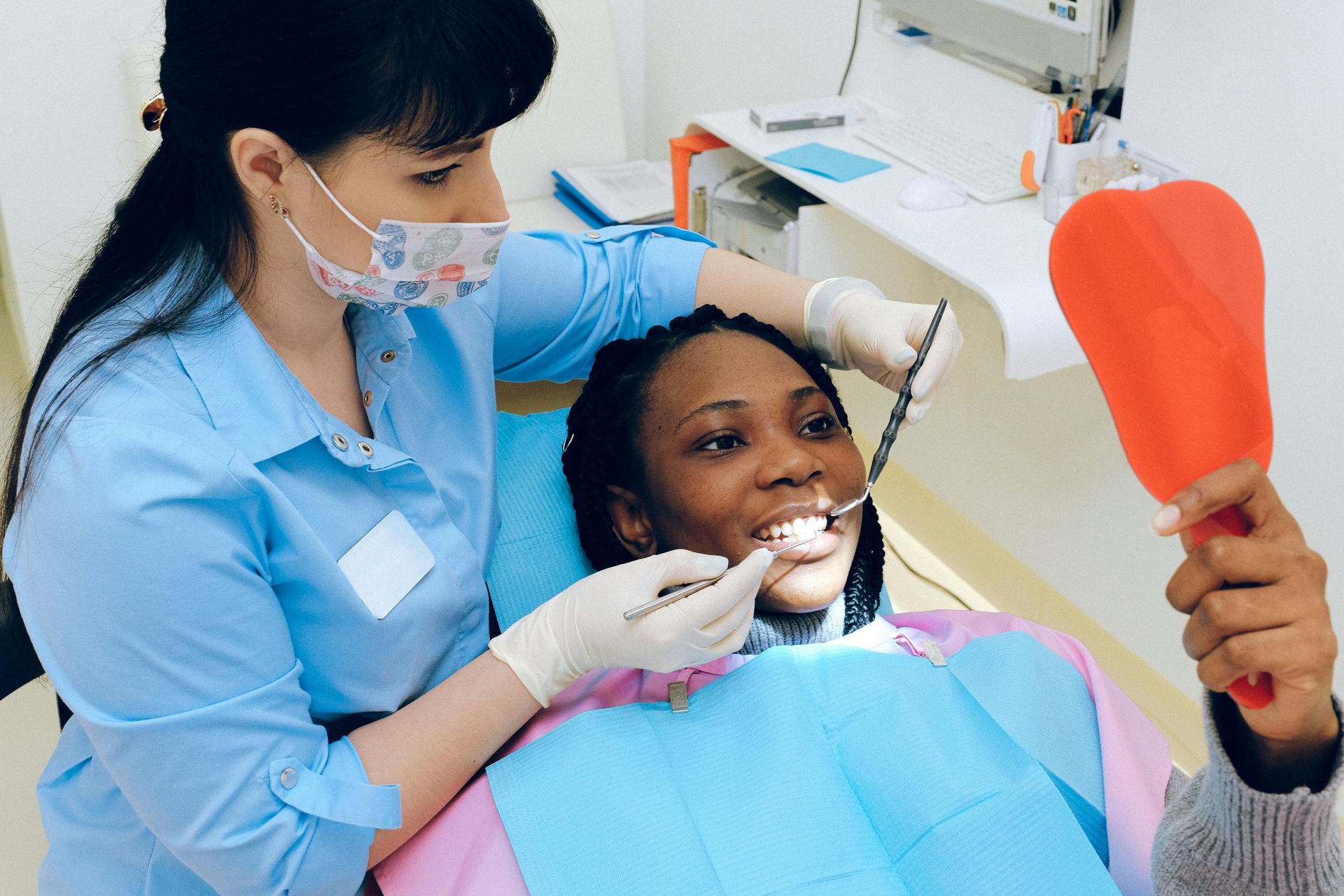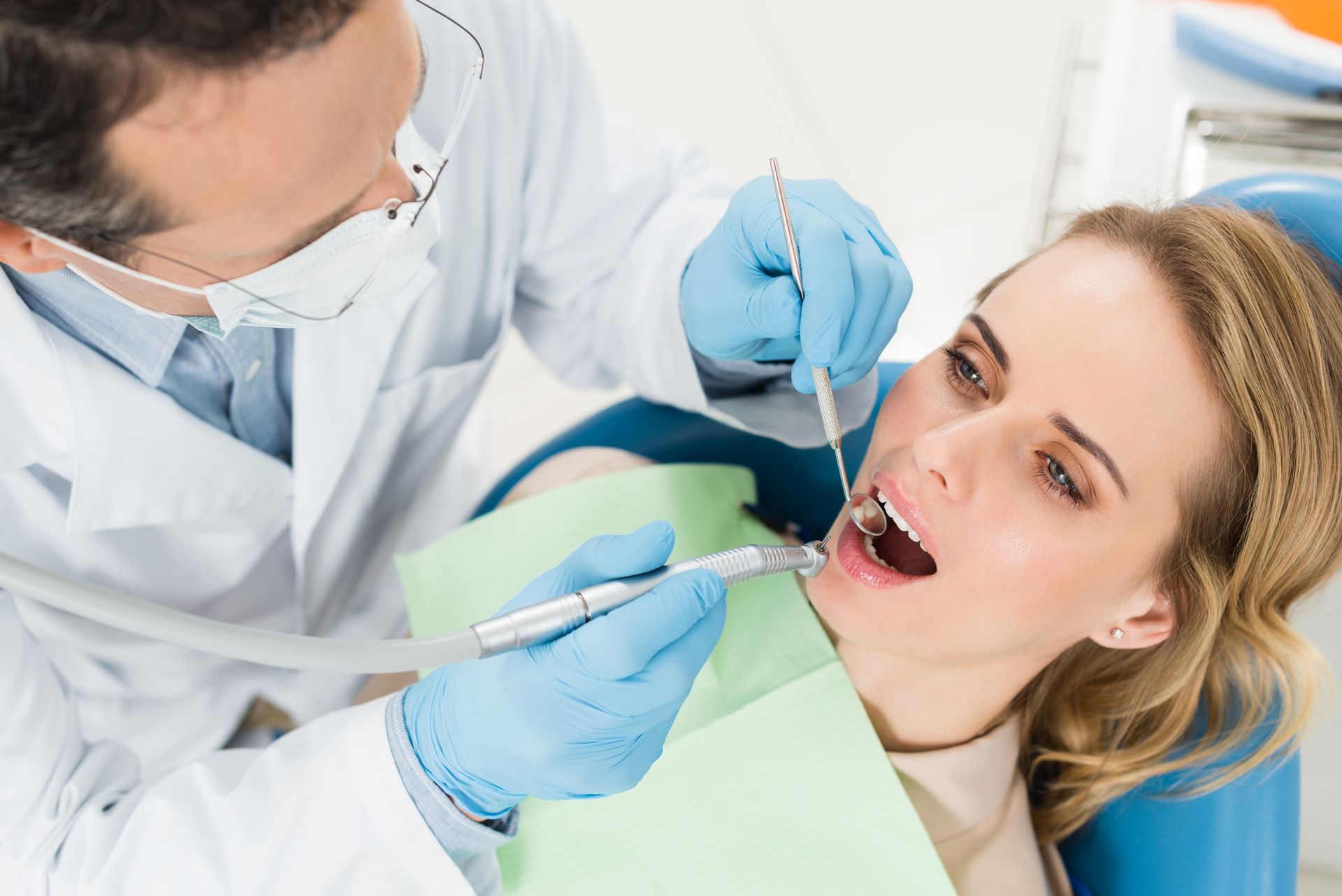What Are The 4 Stages Of Dental Disease? | Emergency Dentist Boise
Dental disease is a serious health concern that affects individuals of all ages. Understanding the four stages of dental disease can be an important step in maintaining good oral hygiene and overall health. The purpose of this article is to provide insight into the progression of dental diseases, from early symptoms to more severe conditions. For more information regarding gum disease, visit us at Emergency Dental Clinics Of Boise.
As a dental hygienist, it is my duty to ensure patients have access to comprehensive information about their oral health needs. Knowing the warning signs and treatments associated with each stage of dental disease empowers people to make informed decisions regarding their own healthcare. By using evidence-based practices, we can work together towards achieving optimal oral health for our community, providing support and comfort at each stage along the way.
Early Warning Signs
Dental disease is a serious issue that can have long-term consequences for your oral health. To prevent the onset of dental disease, it’s essential to practice good oral hygiene and receive regular professional cleanings.
Regular brushing and flossing are important preventive care habits that can help reduce the risk of developing cavities or gum disease. Good brushing techniques are also crucial in preventing the early stages of dental disease. This includes brushing your teeth twice per day using a soft bristled toothbrush, paying attention to each tooth surface, and making sure not to brush too hard as this could damage your gums. Additionally, remember to replace your brush every three months, as worn out bristles won't be as effective at cleaning away plaque.
It's recommended that you visit your dentist regularly for checkups and professional cleanings, which will allow them to detect any signs of early dental diseases such as cavities or weak spots in enamel before they become more severe issues requiring further treatment. With proper preventative care at home combined with routine visits from your dentist, you'll be able to protect yourself against many forms of dental disease.
Diagnosis And Treatment Of Gingivitis
Gingivitis is a condition that can affect the gums and teeth through its four stages, much like an infectious disease. Picture it as a creeping vine, slowly snaking up from the roots to the tips of the branches—if left unchecked, the damage continues to worsen until irreversible harm has been done.
At first glance, it may be hard to spot signs of gingivitis; however, there are several key indicators, such as swollen or bleeding gums. To avoid further deterioration of oral health, proper diagnosis and treatment should occur at the early stages of dental disease in order to restore gum tissue to full health.
Oral hygiene practices, coupled with dietary habits, play an important role in preventing and managing gingivitis. Brushing twice daily for two minutes each time ensures the removal of plaque, which accumulates on surfaces over time.
It is also recommended to floss once per day to remove any food particles stuck between teeth. Additionally, limiting sugary snacks provides protection against cavities, while reducing acidity levels within the mouth helps protect enamel erosion due to acidic foods and drinks.
It's essential that those experiencing issues related to their oral hygiene or outward symptoms associated with gingivitis seek professional help from a qualified dentist or hygienist who can make a correct diagnosis and provide advice tailored specifically for them.
With prompt attention and appropriate care, individuals can prevent potential serious issues from emerging down the line.
Treatment Of Periodontitis
Periodontitis is a dental disease that requires treatment to prevent further damage. The initial stage of the disease involves inflammation caused by bacteria in plaque, which can then lead to eventual destruction of the gum tissue and bone supporting the teeth.
To treat periodontitis, oral hygiene practices must be significantly improved so as to remove any existing plaque or calculus deposits from below the gums. Dental hygienists play an integral role in this process by providing professional cleaning for patients with periodontal issues.
By utilizing specialized instruments such as ultrasonic scalers and hand instruments, dental hygienists are able to effectively clean around and between the teeth, removing bacterial-filled debris from areas that regular brushing may not reach. This form of deep cleaning will help reduce pockets of infection while also promoting healthy blood flow throughout the mouth.
Additionally, dental hygienists provide important education regarding proper oral care habits, which focus on daily flossing and brushing techniques as well as tips for avoiding future plaque buildup.
The success of managing periodontitis relies heavily on patient compliance with at home maintenance procedures such as those described above in order to maintain long term health outcomes. By combining thorough
professional cleanings with personal responsibility for one’s own oral hygiene routine, it is possible to manage symptoms associated with severe forms of periodontal disease.
With dedication and consistency, these efforts can result in successful management of this condition over time, allowing individuals to reclaim their smiles whilst preventing further degradation of their overall dental wellbeing.
Advanced Dental Disease And Complications
Advanced dental disease is a serious and potentially life-threatening condition that can have long-term negative effects on your oral health. It’s truly alarming to think of the amount of damage that advanced dental disease can cause, from teeth loss to pain in the gums and even jawbone destruction! Fortunately, understanding the four stages of dental diseases can help you prevent them before its too late.
The four stages of dental disease include:
- Plaque buildup - Plaque is an invisible film containing bacteria that accumulates over time if not removed effectively by regular brushing and flossing. As plaque builds up along the gum line, it causes irritation, leading to gum inflammation known as gingivitis.
- Gum Disease – If left untreated, gingivitis leads to periodontal, or gum, disease, where pockets form between teeth and gums, allowing more bacteria and toxins to build up and resulting in infection deep within the tissue surrounding the tooth root, causing severe pain and potential bone destruction.
- Tooth Decay - As plaque continues to accumulate near or at the base of a tooth, acid will begin to develop, slowly destroying the enamel and creating holes (cavities) in the deeper layers of the tooth, making it vulnerable to further decay and eventual loss of teeth without proper treatment.
- Jawbone Destruction - Once infected with bacteria, the infection spreads quickly towards the jawbone, weakening its structure and eventually causing complete destruction and possible misalignment of other teeth nearby if not treated promptly with antibiotics or surgery when needed.
It's important for everyone to take steps towards preventive care, such as daily brushing, flossing, and using mouthwash regularly, as well as scheduling regular visits with their dentist, since early detection plays a critical role in avoiding serious complications caused by advanced dental diseases.
This includes professional cleanings every six months so any signs of plaque buildup or cavities are identified right away before they become more serious problems down the road; ultimately giving you peace of mind knowing you're doing all you can for your oral hygiene needs!
Is Dental Disease Preventable?
Dental disease is a preventable condition that can be managed through proper oral hygiene and regular dental care. Good oral hygiene habits, such as brushing twice daily and flossing regularly, are essential for preventing the onset of periodontal diseases like gingivitis and more advanced forms of gum disease.
Regular visits to the dentist are also key to detecting early signs of dental decay or infection, which can help stop them from progressing into something worse. By taking proactive steps towards maintaining good oral health, individuals may not only avoid costly treatments later on but also have peace of mind knowing they're doing their best to protect their smile.
How Often Should I Visit The Dentist For A Check-Up?
Visiting the dentist for regular check-ups is essential to maintaining optimal oral hygiene and dental care. It is recommended that individuals visit the dentist at least twice a year or every 6 months, depending on individual needs such as health history, risk of gum disease, and current level of oral hygiene.
During each appointment, your dentist will perform an exam to assess any changes in your mouth since the last visit and provide guidance on how to best maintain excellent oral health habits. Furthermore, by visiting regularly, it helps to ensure early detection of potential issues before they become more severe and costly to treat down the road.
What Are The Long-Term Effects Of Untreated Dental Disease?
The long-term effects of untreated dental disease can be serious and far reaching. Poor oral hygiene leads to gum inflammation, which can cause gingivitis, the first stage of dental disease.
If left untreated, it may progress to periodontal disease, a more advanced form with additional symptoms such as bleeding gums, loosening teeth, bad breath, and even bone loss. This damage is irreversible and can lead to tooth decay or complete tooth loss.
In addition to physical complications, research has shown that poor oral health also increases the risk for other diseases, including
heart attack and stroke. As a result, maintaining an effective oral hygiene routine is essential in order to reduce these risks and maintain good overall health.
Are There Any Dietary Changes I Can Make To Reduce My Risk Of Dental Disease?
The key to reducing the risk of dental disease lies in the proactive maintenance of good oral hygiene. By taking steps like regular brushing and flossing, as well as adhering to a healthy diet, individuals can significantly reduce their chances of developing cavities or other forms of decay.
While it is true that certain foods may be more damaging than others when it comes to our teeth, making changes such as limiting sugary snacks and drinks (including soda) can also have a positive impact on overall dental health.
Consistent care and attention will help ensure your teeth stay strong and healthy for years to come—an ideal situation that symbolizes security and belonging.
Are There Any Natural Remedies That Can Help With Dental Disease?
Homeopathic remedies and oral hygiene are two natural ways to help with dental disease. Complementary medicine, such as homeopathy, is based on the premise that the body can heal itself when given the right tools. This includes using plant-based extracts in small doses to stimulate healing processes.
Oral hygiene also plays an important role in preventing, managing, or even reversing dental decay. Effective brushing and flossing techniques keep teeth clean and free of plaque buildup which can cause cavities and gum disease if left untreated.
With these simple strategies coupled with regular visits to your dentist, you can take proactive steps toward maintaining a healthy mouth!
Conclusion
Untreated dental disease can be a serious problem. Without proper preventive care, the effects of dental disease can range from mild pain to tooth loss and even systemic health problems.
To reduce the risk of developing dental disease, patients should visit their dentist regularly for
dental check-ups, practice good oral hygiene habits at home, and make dietary changes as necessary. Although natural remedies may also help with some symptoms of dental disease, it is important to speak with a healthcare provider before beginning any alternative treatments.
The best way to maintain healthy teeth is through regular visits to the dentist and daily brushing and flossing at home. With these simple steps, we can all work together towards better oral health!





